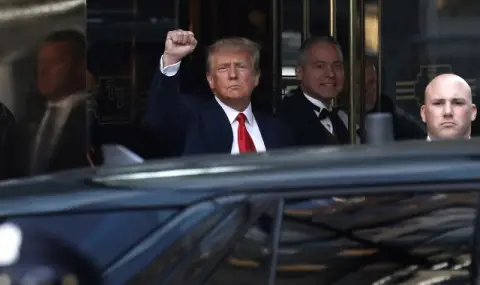Prosecutor Jack Smith, who is prosecuting former US President Donald Trump over the retention of classified documents after leaving office, rejected a federal judge's reasoning after she signaled she could accept the former president's claim that the records were his personal property, reports "Reuters".
Special prosecutor Smith said late Tuesday that his office would appeal any ruling by U.S. District Judge Eileen Cannon that would have instructed jurors in the case to consider what he called a "fundamentally flawed legal premise" of Trump.
Trump, the Republican nominee running against Democratic President Joe Biden in the Nov. 5 election, pleaded not guilty last year to a 40-count indictment accusing him of illegally keeping classified documents after leaving office in 2021 .and obstructing the federal government's efforts to retrieve them.
Cannon, who was appointed to the bench by Trump, signaled she could accept Trump's contention that he treated the documents as private under a 1978 law. The Presidential Records Act allows former presidents to keep records that unrelated to their official responsibilities.
Prosecutors countered that the documents related to US military and intelligence matters, including details of the US nuclear program, and could not be construed as private.
On March 18, the judge ordered the prosecution and defense to offer jury instructions based on two legal scenarios assuming Trump's argument would play a role in the trial.
Smith's filing said Cannon's order was based on a flawed legal premise and would "distort the process.
This is one of four criminal cases Trump is facing. He pleaded not guilty to all of them and tried to define them as politically motivated.
Trump's lawyers on Tuesday night reiterated their argument that the charges should be dismissed before trial.
The Presidential Records Act was passed to give the US government possession of official records from the President's administration. It allows former presidents to maintain certain records considered personal that are unrelated to their official responsibilities.
Trump argued that his decision to take the material to his Mar-a-Lago estate in Florida showed that he treated the tapes as his personal property. Prosecutors have argued that the Archives Act cannot allow a former president to keep classified information.
Trump faces charges that include violations of the Espionage Act, which criminalizes unauthorized possession of defense information, and conspiracy to obstruct justice.
The trial in the case scheduled for May 20 is expected to be postponed.
